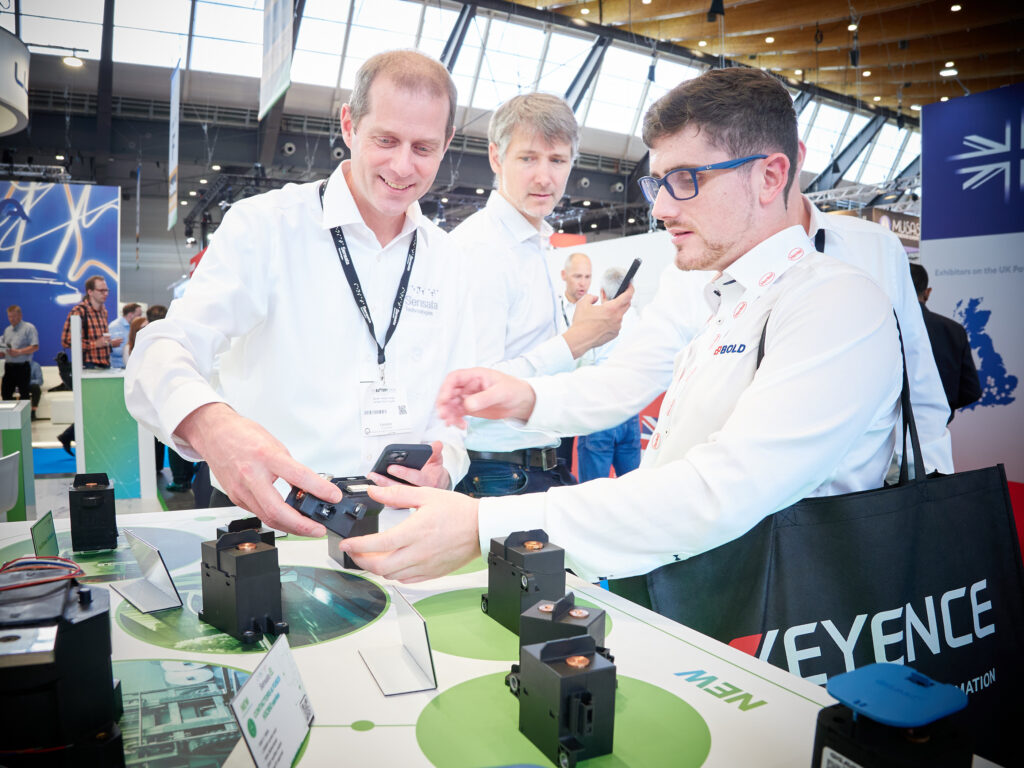
Did you know that the global market for eco-friendly products is projected to reach a staggering $150 billion by 2025? As consumers become increasingly aware of environmental issues, businesses are compelled to adopt sustainable practices. However, navigating the legal landscape surrounding eco-friendly business operations can be complex and challenging.
Click to find more about eco friendly business.
The Legal Framework Surrounding Eco-Friendly Businesses
Eco-friendly businesses are characterized by their commitment to sustainability while adhering to various legal regulations designed to protect the environment. These regulations often include compliance with local and international environmental laws, waste management protocols, and emissions standards. Best practices in the industry emphasize transparency in reporting environmental impact and engaging stakeholders through responsible sourcing and production methods. By aligning with these legal frameworks, companies not only enhance their credibility but also contribute positively towards a greener future.
The Battery Show 2025: A Benchmark for Best Practices in the Industry

The battery show 2025 serves as an exemplary platform showcasing best practices within eco-friendly industries. This event highlights innovations in battery technology that prioritize sustainability while meeting stringent regulatory requirements. Companies participating in this show demonstrate how they integrate environmentally friendly materials into their manufacturing processes, comply with recycling mandates, and promote energy efficiency—all crucial aspects of operating within today’s legally regulated marketplace.
Key Features of The Battery Show’s Best Practices
- Sustainable Materials: Exhibitors showcase batteries made from recyclable or biodegradable components.
- Energy Efficiency Standards: Products presented meet or exceed government-mandated energy consumption guidelines.
- Circular Economy Initiatives: Many participants highlight programs aimed at reducing waste through product take-back schemes.
- User Education: Workshops focus on educating consumers about proper disposal methods for batteries to minimize environmental impact.
- Diverse Stakeholder Engagement: Collaboration between manufacturers, regulators, and NGOs ensures adherence to evolving legislation while fostering innovation.
A Concluding Perspective on Eco-Friendly Business Practices
The evolution of eco-friendly business practices is intrinsically linked to robust legal frameworks that guide sustainable operations. Events like The Battery Show exemplify how companies can lead by example through innovative solutions that align with both consumer expectations and regulatory demands. Ultimately, embracing these best practices not only positions businesses favorably within competitive markets but also contributes significantly toward achieving broader environmental goals.


